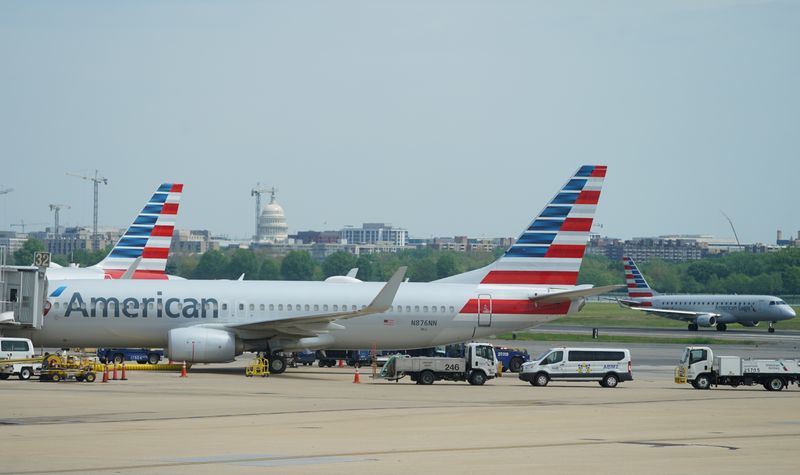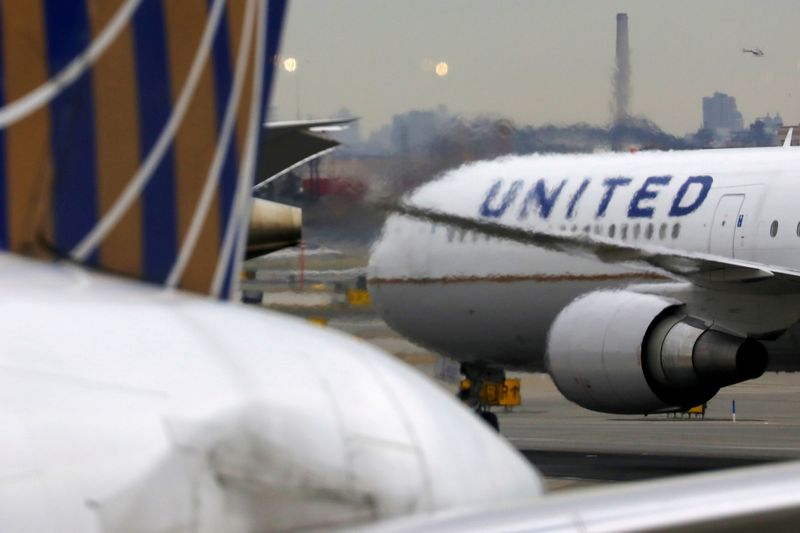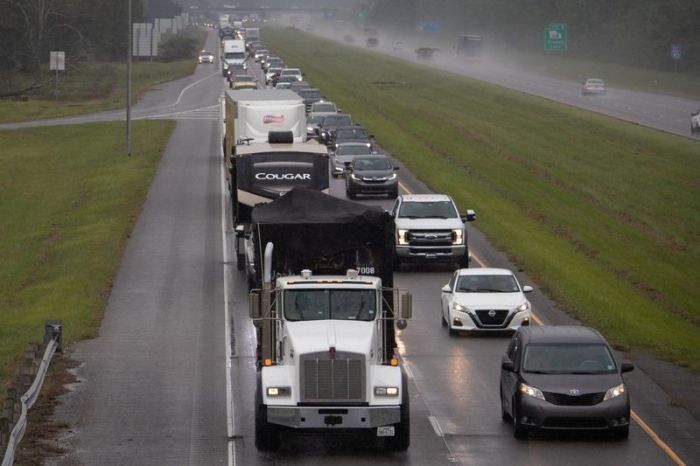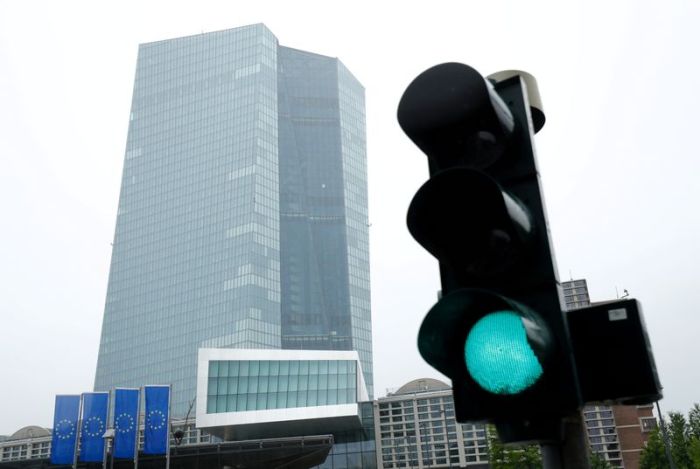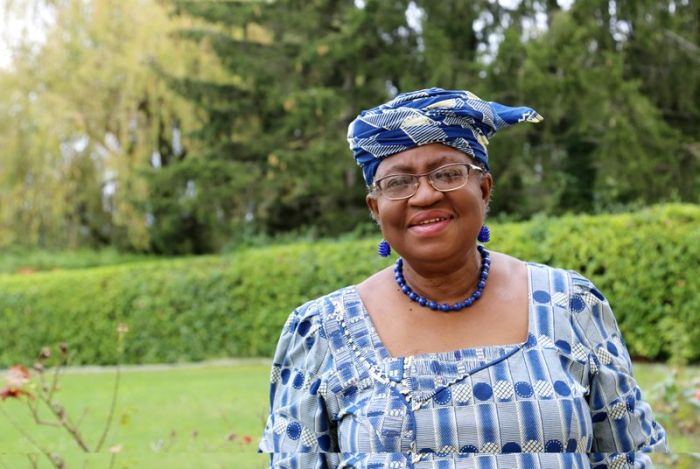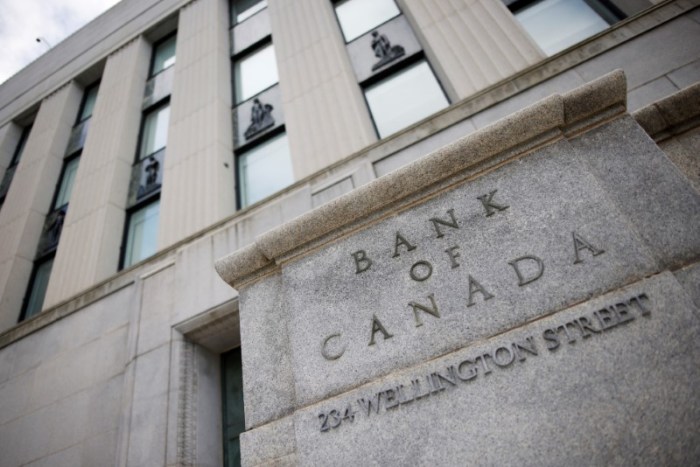(Reuters) – The prospects for quick federal aid for U.S. airlines remained uncertain on Thursday with mixed signals about the state of negotiations over standalone legislation for the struggling sector and a larger COVID-19 economic relief bill.
U.S. House Speaker Nancy Pelosi told reporters there would be no standalone aid without a comprehensive COVID-19 relief bill, but later left the door open to some kind of deal in comments to Bloomberg TV.
“Ain’t going to be no standalone bill, unless there is a bigger bill,” Pelosi told reporters.
Her announcement caught some congressional staff by surprise on Thursday who were discussing the status of airline relief proposals and how to fund another $25 billion for the sector, among the hardest hit by the coronavirus pandemic.
U.S. airlines received a $50 billion bailout in March, half in payroll support that was primarily composed of cash grants and half in federal loans. They are seeking another $25 billion in payroll aid to protect jobs for another six months.
With broader stimulus talks stalled, hopes for standalone airline relief had built this week, though hurdles remained for legislation that would require unanimous consent.
Republican Senators Pat Toomey and Mike Lee pushed back against more cash grants for airlines on Thursday, saying there are still unused federal loans for the sector and that no other Fortune 500 companies have received taxpayer-funded grants.
American Airlines <AAL.O> and United Airlines <UAL.O> began the furlough of 32,000 workers last week, and tens of thousands more at those airlines and others have agreed to voluntary leaves or reduced hours.
American and United have each secured some $5 billion in Treasury loans, though data released earlier this week showed that only 60% of the $25 billion fund, which carries restrictions on executive compensation and share buybacks, had been tapped.
Speaking on CNBC after Pelosi’s comment, American Airlines Chief Executive Doug Parker said there was still bipartisan support for airline aid and warned that his company would have to discontinue service to many markets without it.
(Reporting by Tracy Rucinski in Chicago and David Shepardson in Washington, additional reporting by Patricia Zengerle and Lisa Lambert, Editing by Franklin Paul and Bill Berkrot)

